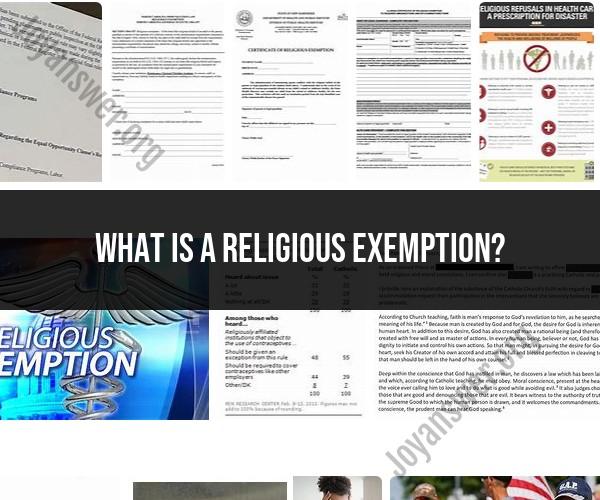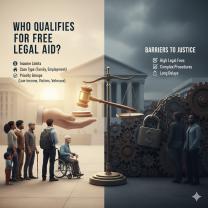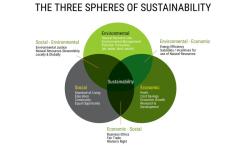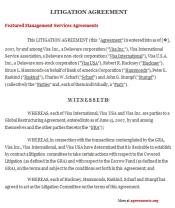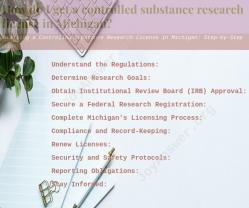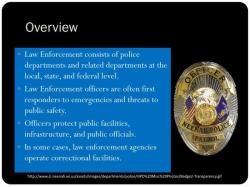What is a religious exemption?
Religious exemption is a complex and contentious issue that intersects with fundamental principles of freedom of religion and government regulations. This article aims to provide a comprehensive exploration of the concept of religious exemption, including its rights, implications, and the evolving landscape surrounding this topic.
Understanding Religious Exemption:
Religious exemption refers to the legal provision that allows individuals or religious organizations to be exempt from certain laws, regulations, or requirements based on their sincerely held religious beliefs. This concept is deeply rooted in the principle of religious freedom, a fundamental constitutional right in many countries, including the United States.
Rights Associated with Religious Exemption:
Freedom of Religion: The primary right associated with religious exemption is the freedom of religion, which is enshrined in many constitutions and international human rights declarations. Individuals and religious institutions have the right to practice their faith without undue interference from the government.
Equal Protection: Religious exemption ensures that individuals are not disadvantaged or discriminated against based on their religious beliefs. It provides a level of protection against laws that might burden religious practices.
Free Exercise Clause: In the United States, the First Amendment includes the Free Exercise Clause, which guarantees the right to freely practice one's religion. Religious exemptions are often rooted in this constitutional principle.
Implications of Religious Exemption:
Healthcare: One of the most debated areas of religious exemption is in healthcare. For instance, individuals or institutions may seek exemptions from providing or receiving certain medical treatments or procedures, such as vaccinations or blood transfusions, due to religious objections. This can lead to ethical dilemmas and public health concerns.
Education: In the realm of education, parents may seek religious exemptions from compulsory school attendance or specific curriculum requirements. This can impact the quality of education and raise questions about the balance between religious freedom and the state's interest in education.
Employment: Religious exemptions can also affect the workplace, as employees may request accommodations for religious practices, dress codes, or work schedules. Balancing these requests with business operations can be challenging for employers.
Discrimination: In some cases, religious exemption claims have been used as a shield for discrimination, particularly against LGBTQ+ individuals. This has prompted discussions about striking a balance between religious freedom and anti-discrimination laws.
The Evolving Landscape:
The landscape of religious exemption is continuously evolving, influenced by legal decisions, societal changes, and shifting interpretations of religious freedom. Recent court cases, such as the Masterpiece Cakeshop case in the United States, highlight the ongoing debates and conflicts in this area.
Conclusion:
Religious exemption is a multifaceted concept that raises important questions about the boundaries of religious freedom and its impact on various aspects of society. While it is a crucial right, its application must be carefully considered to ensure it does not infringe on the rights and well-being of others or impede the functioning of essential services. Striking a balance between religious exemption and the broader public interest remains an ongoing challenge for legal systems worldwide.
